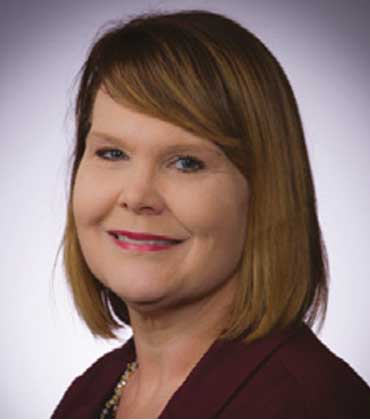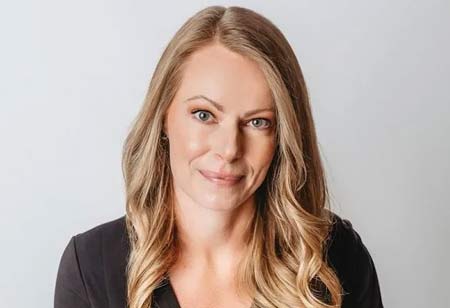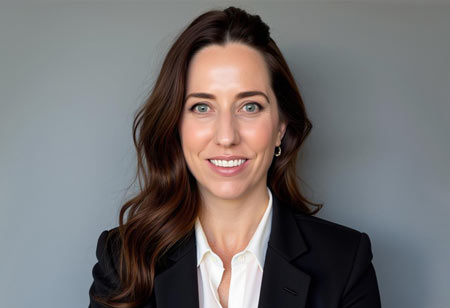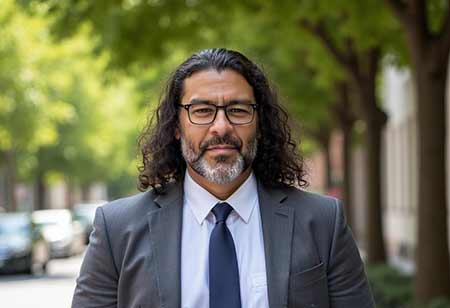THANK YOU FOR SUBSCRIBING
By Angela Morris, Head of Global IT Manufacturing Capabilities, The Kraft Heinz Company
Digital Transformation Begins With A State Of Mind And...
By Rick Stanbridge, CIO Emeritus, Marco’s Pizza
Top 2 Reasons To Switch To 100% Cloud-Based Technology...
By Chris Hellmann, Chief Commercial Officer, Restaurant Technologies
Every Dollar Matters - Those You See, And Those You Don't!
By Andy Dulka, Chief Information Officer at Restaurant Technologies
It is all about Streamlining Data Integrations and Reporting

Training Team on Food Safety Threats: Intentional Adulteration, Food Defense, and Food Fraud
Ted Beyer, Sr Quality Assurance Manager at Sun-Maid Growers

 Ted Beyer, Sr Quality Assurance Manager at Sun-Maid Growers
Ted Beyer, Sr Quality Assurance Manager at Sun-Maid GrowersAs I have been re-reviewing the FSMA Final Rule for Mitigation Strategies to Protect Food Against Intentional Adulteration and speaking with colleagues, a few points of recent discussion have stood out to me. Although I have been training my teams on food defense and food fraud for years, I believe that this rule is one of the most comprehensive ones under FSMA. Food defense and food fraud are also a part of GFSI standards. However, training these concepts to your teams may not always resonate with their own life experiences, and thus requires a more detailed explanation. In light of this, I wanted to share some of my general thoughts on these topics and some discussion points that you can share with your teams.
At first glance, most employees find it relatively easy to comprehend the concepts of intentional adulteration and food defense. Especially when it comes to defending against threats from external sources. For instance, people usually take measures to safeguard their homes by locking their doors, installing fences and cameras, etc. This same analogy can be applied to food and beverage facility systems that perform similar functions to ensure the safety and protection of their products.
Internal food defense, different than protection from external forces, involves safeguarding against potential harm from within. Although some may find it surprising, it is important to discuss this topic because infiltration by individuals who seek to cause harm is a very real and possible scenario. Terrorism is a genuine threat in our world and it does not always come in the quick and conspicuous ways sometimes portrayed by the media. Often, it takes days, weeks, months, or even years of planning to execute such harmful activities.
Food fraud, a further form of intentional adulteration, differs slightly from other types of food defense. While harm to others is still possible, the primary motivation behind food fraud is usually economic gain. This can range from a supervisor substituting a lower quality, non-certified coffee bean for a higher quality, certified one, to diluting products to make them go further and improve the Cost Of Goods Sold (COGS). Such fraudulent practices can mislead consumers and damage the reputation of food companies, which is why it is important to detect and prevent them.
It is important to always keep an eye out for anything suspicious or unusual happening in your workplace. The US Homeland Security's trademarked slogan, "If You See Something, Say Something", is a good reminder of this. As a leader, you should encourage your team to report any odd behavior or unusual occurrences to the supervisor or manager, no matter how small they may seem. Your role as a leader is to create an environment where your team can perform at their best. By promoting a team-based, servant-leadership mentality, you can empower your team to come up with creative solutions to any problem, whether it's related to this topic or something else entirely.
Author Bio:
Ted is a highly qualified professional with a strong educational background in food science and corporate innovation. With over 15 years of experience in food manufacturing, Ted has worked in quality assurance and operations at multiple facilities located in the Midwest and East Coast. Currently, Ted is employed at Sun-Maid Growers of California, where he serves as the Senior Quality Assurance Manager for Co-Manufacturing and Ingredients. He focuses specifically on the Plum Organics baby food brand, ensuring that all products meet the highest quality standards.
Read Also















